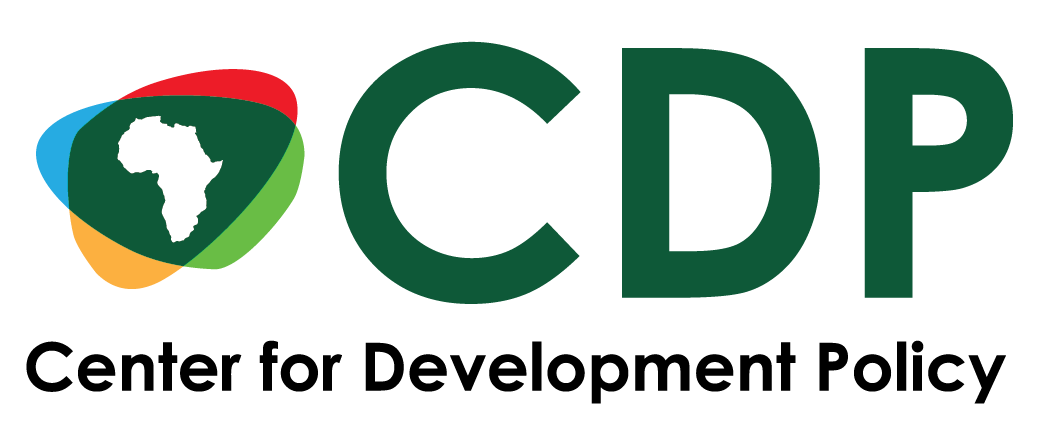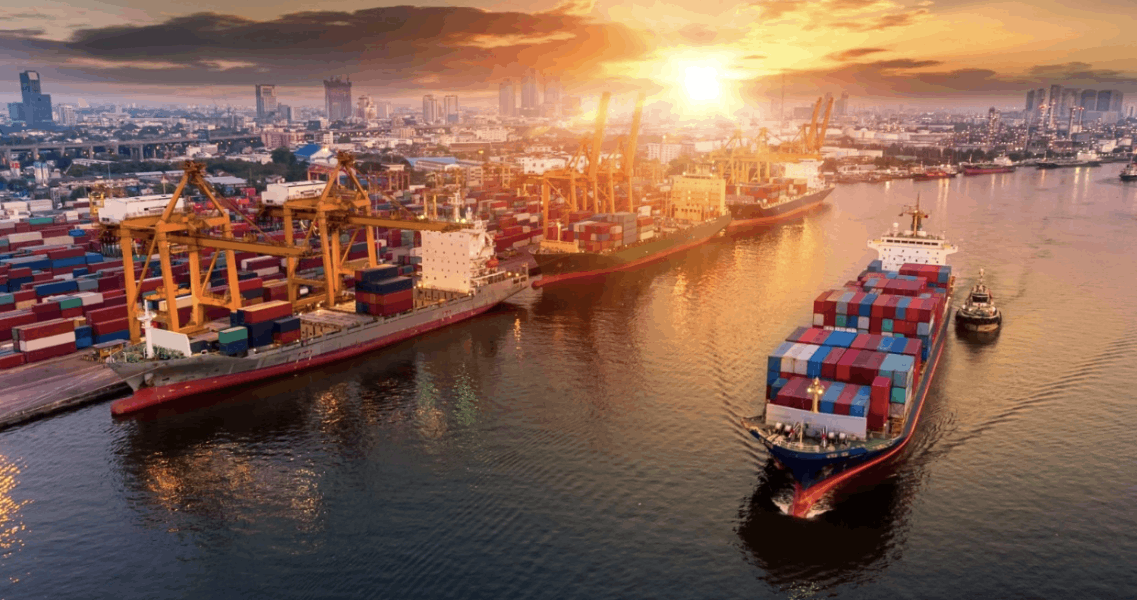By Dr. Edward Kadozi & Munezero Kalisa Raissa
This paper examines empirically the impact of trade openness on the economic growth in Rwanda for the period between 1980 and 2017. It examines the short and long-run causality between trade openness and economic growth. The analytical framework of this study is embedded in the theoretical and empirical debate between three dominant theoretical approaches about trade openness and economic growth: the Ricardian- HecksherOhlin trade Theory, Endogenous Growth Theories, and the Absolute Advantage Theory. The study finds that the three theories are complementary and mutually exclusive in explaining the relationship between international trade and economic development. The findings of this study reveal a positive and statistically significant impact of trade openness on economic growth in Rwanda. The results reveal plausible evidence of unidirectional long-run causality, running from trade openness to GDP per capita in Rwanda. And economic growth is significantly error-correcting at 39.6% annually. The results imply that economic growth in Rwanda changes significantly in the short equilibrium influenced by changes in trade openness. The evidence from this study suggests that the institutional and policy framework is equally important in causally conditioning the overall growth impact of trade openness in Rwanda, as well as the imperative of export diversification of her export commodities.

